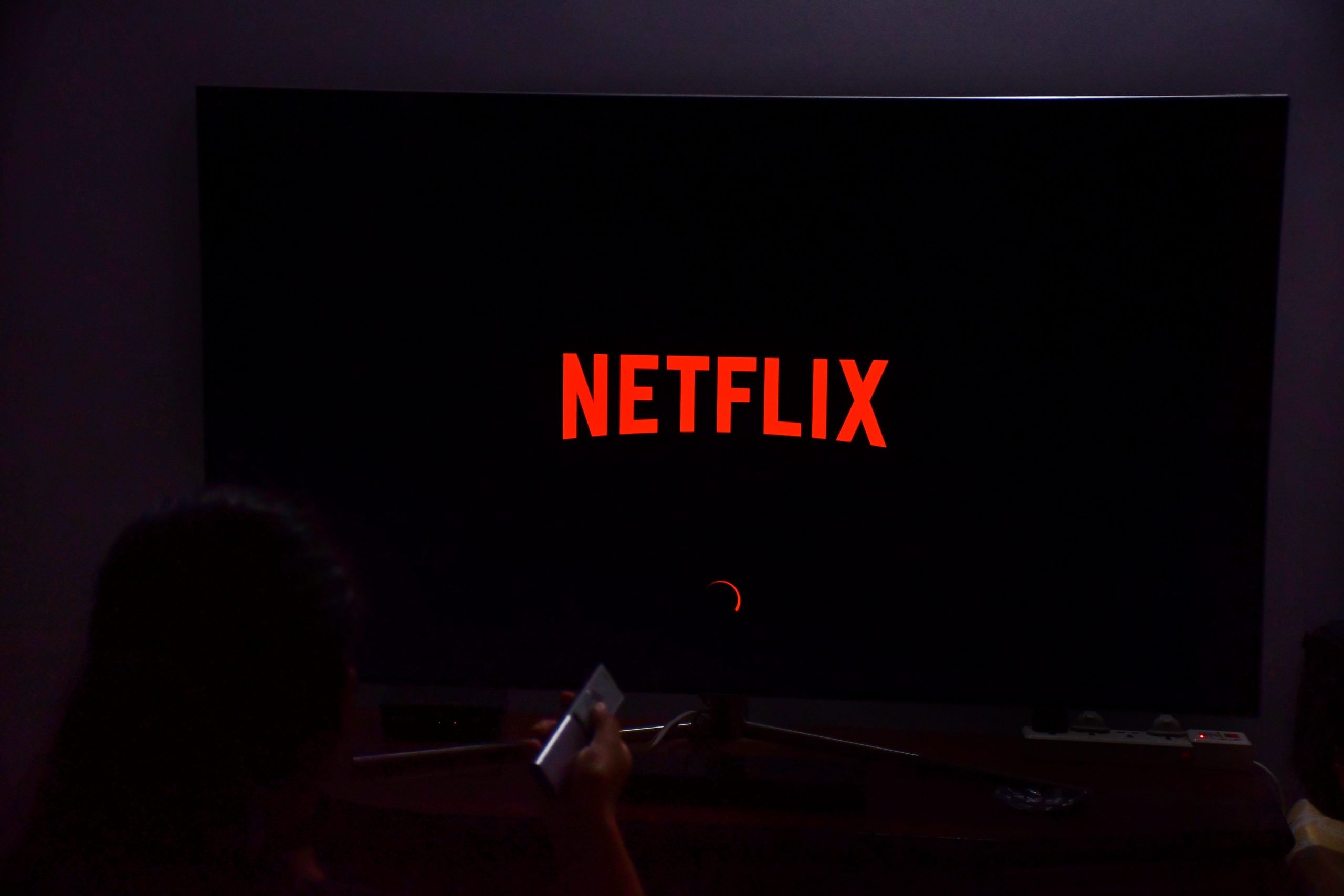
Speculation about the way Netflix works has been rife this week, with one story reported in the same breath as the death of the binge model and long live the binge. Confused? Let’s have a little look at the facts as we know them and see if we can make any credible predictions for the future of streaming.
Sarah Kennedy looks at whether or not Netflix will move away from the binge model and what that future looks like.
Rumours have been kicked up by Matthew Belloni, former editor-in-chief of The Hollywood Reporter, in his PuckNews newsletter that Netflix CEO Reed Hastings, having had a tough year, “has seemed unwilling to pivot off the binge model because he hasn’t needed or wanted to. Now, it appears, he does.”
Netflix, of course, is the OG in this arena; the binge pioneer if you will. Ten years ago, with House of Cards, dropping a whole series in one go was deliciously disruptive. The irresistible force of the next episode button met the immovable object of my butt on the sofa. I lost whole weekends that way and avoided New Year’s Eve 2015 entirely in favour of greedily devouring as much of Making a Murderer as humanly possible. Silly, mindless TV and rich, thoughtful TV were both gobbled up with as much care and attention as a bargain bucket with fries. It’s never felt like a healthy way to consume anything, especially not on a regular basis.
But that’s not in fashion any longer. Shows from all genres have been dropping differently on Disney+, Amazon and Apple. Yellowjackets, Severance, Moon Knight, The Dropout, and all the Star Wars spin-offs have made fans wait. This is tantric TV, where the agonising anticipation just adds to the fun. Cliff-hangers are meaningful when you have to wait a week for the next instalment.

Andor has just premiered its first three episodes and will air an episode a week. Credit: Disney+
Netflix, now a bit creaky and old-fashioned, can’t ignore the cost-of-living crisis. Already struggling with subscription numbers, and a resulting drop in stock price, the company needs to position itself as a necessary monthly expense, not a nice-to-have. A lower price point with advertising was anathema to them a few years ago and is now becoming a reality. Rumours about shows dropping weekly are definitely not beyond the realms of possibility.
Teasing viewers with weekly instalments feels like a good way to keep subscribers hanging around, rather than finishing a series in a weekend and then feeling like there’s nothing on, despite the desperate pleas of the shiny landing page (has anyone ever pressed the ‘Surprise Me’ button?). Then there’s the lose-lose game of spoiler avoidance, making the pleasure of talking about great TV a social minefield and driving a wedge between friends and colleagues. If people feel they can’t talk about your product, nothing is ever going to be an organic word-of-mouth success.
Of course, everything Netflix does is beholden to the bottom line but could this proposed shift benefit both the viewer and traditional linear TV? BBC drama especially is having a very good year, bouncing back from the delays and disruptions of the pandemic. If the fashion changes away from the binge model, maybe the BBC will be less likely to bow to peer pressure, and instead of desperately sticking everything on the iPlayer, might cherish those big dramas in their Sunday evening slot.
Because, good or bad, those are the big hitters everyone is talking about come Monday morning. All the broadcasters want their show to be the talk of the town. The binge model has always lent itself to a day or two of chat at most, rendering those shows ultimately forgettable, whereas speculation and theories abound for Line of Duty, The Tourist and Vigil. Talking about TV adds to the entertainment.

Line Of Duty has been a success for BBC. Credit: BBC
I’d be very happy to see a shift away from bingeing, and it seems like a sensible tweak to Netflix’s offering as it works out how to increase and retain subscribers, and position itself in the increasingly competitive TV subscription market.


